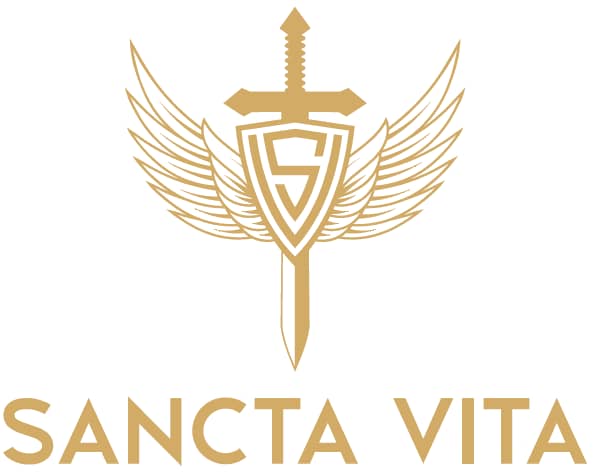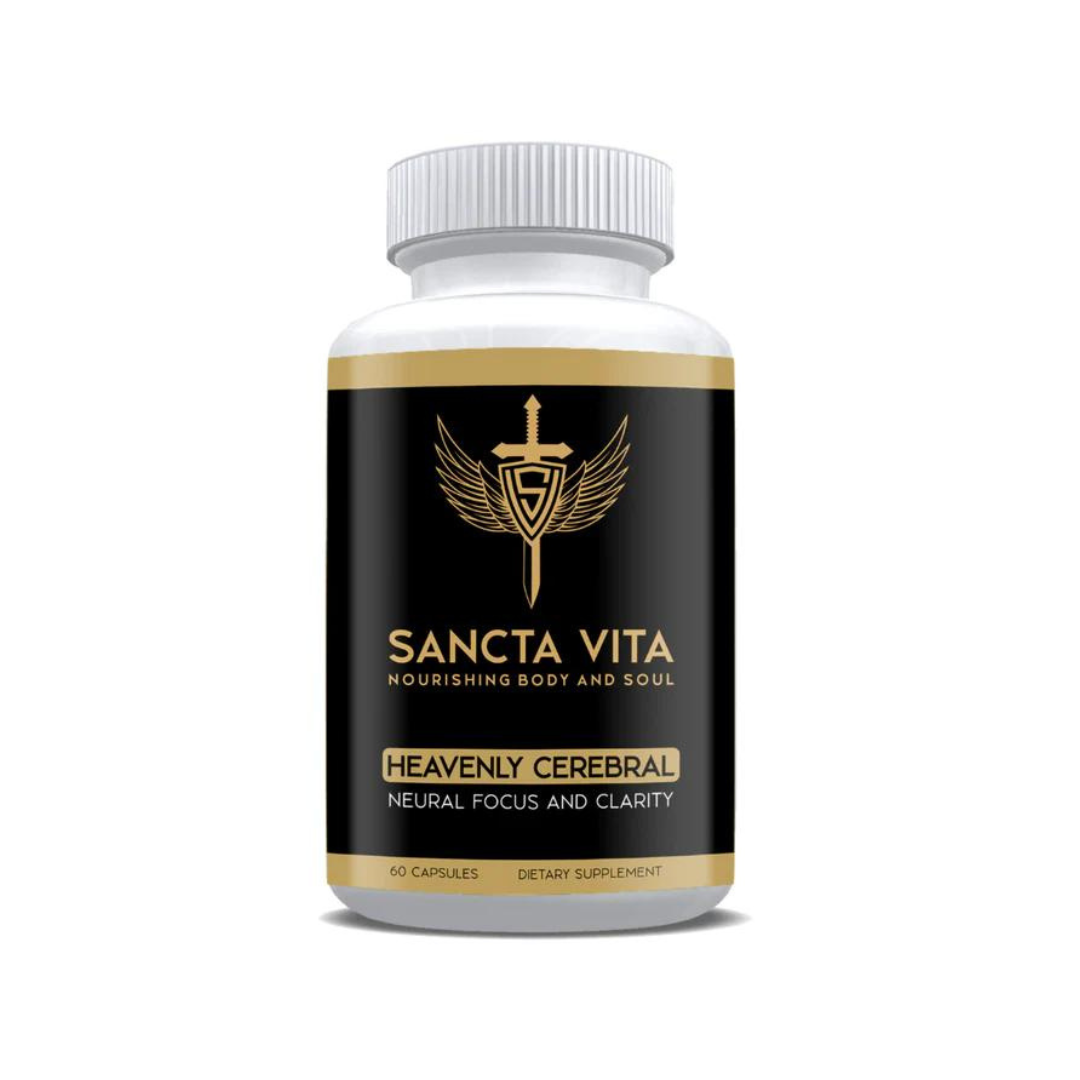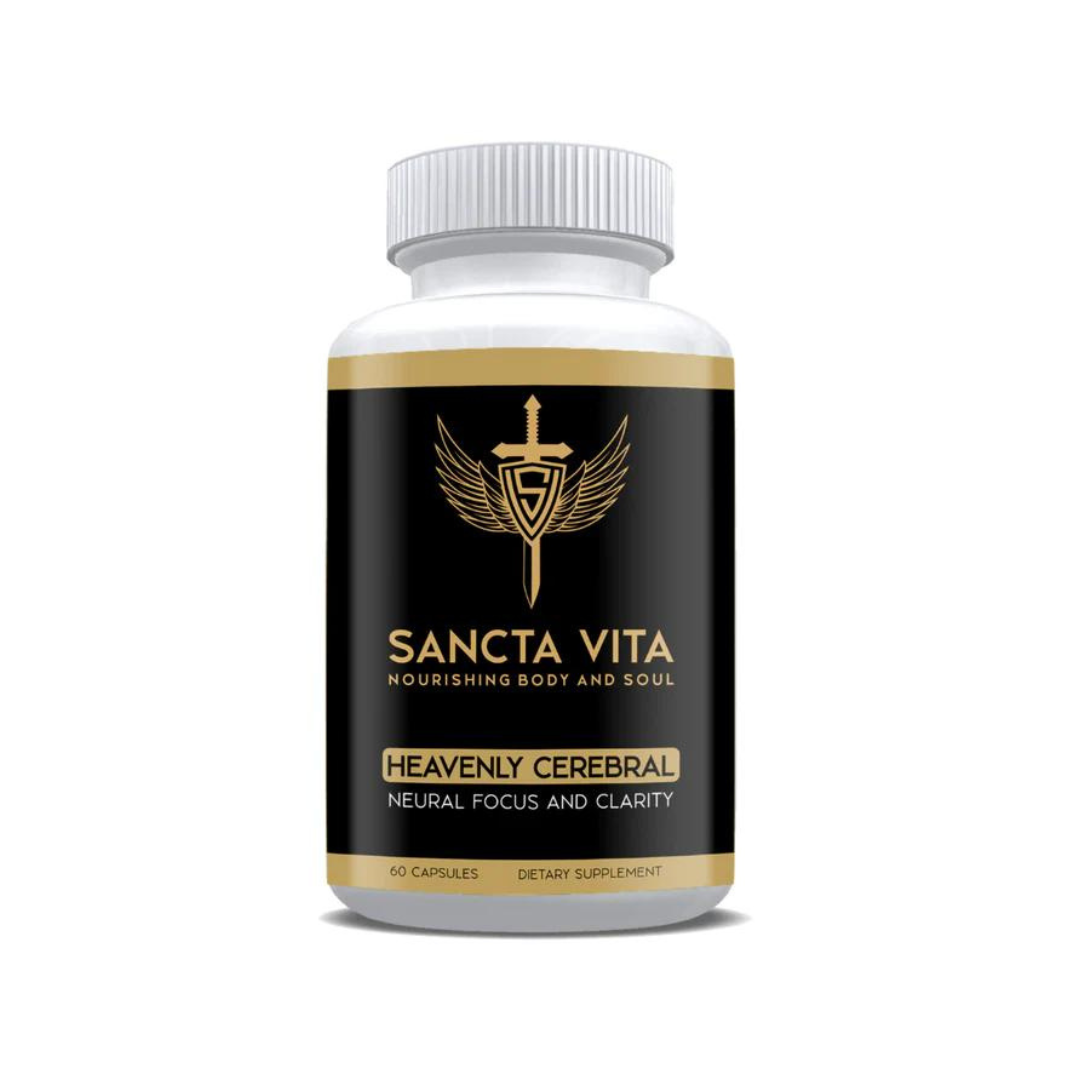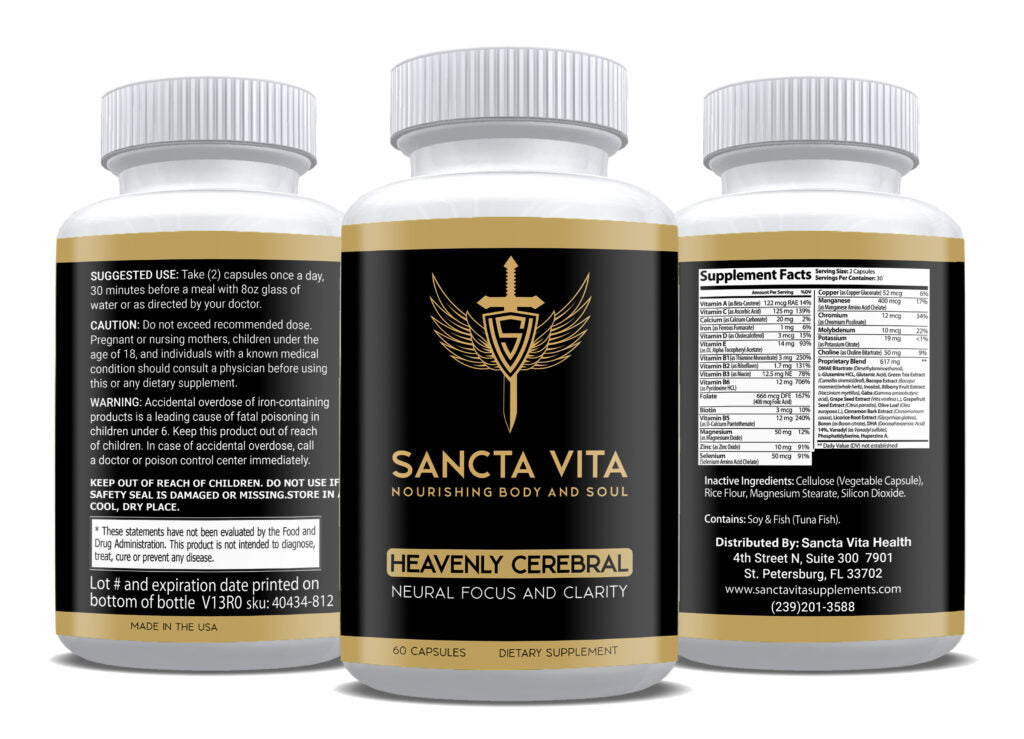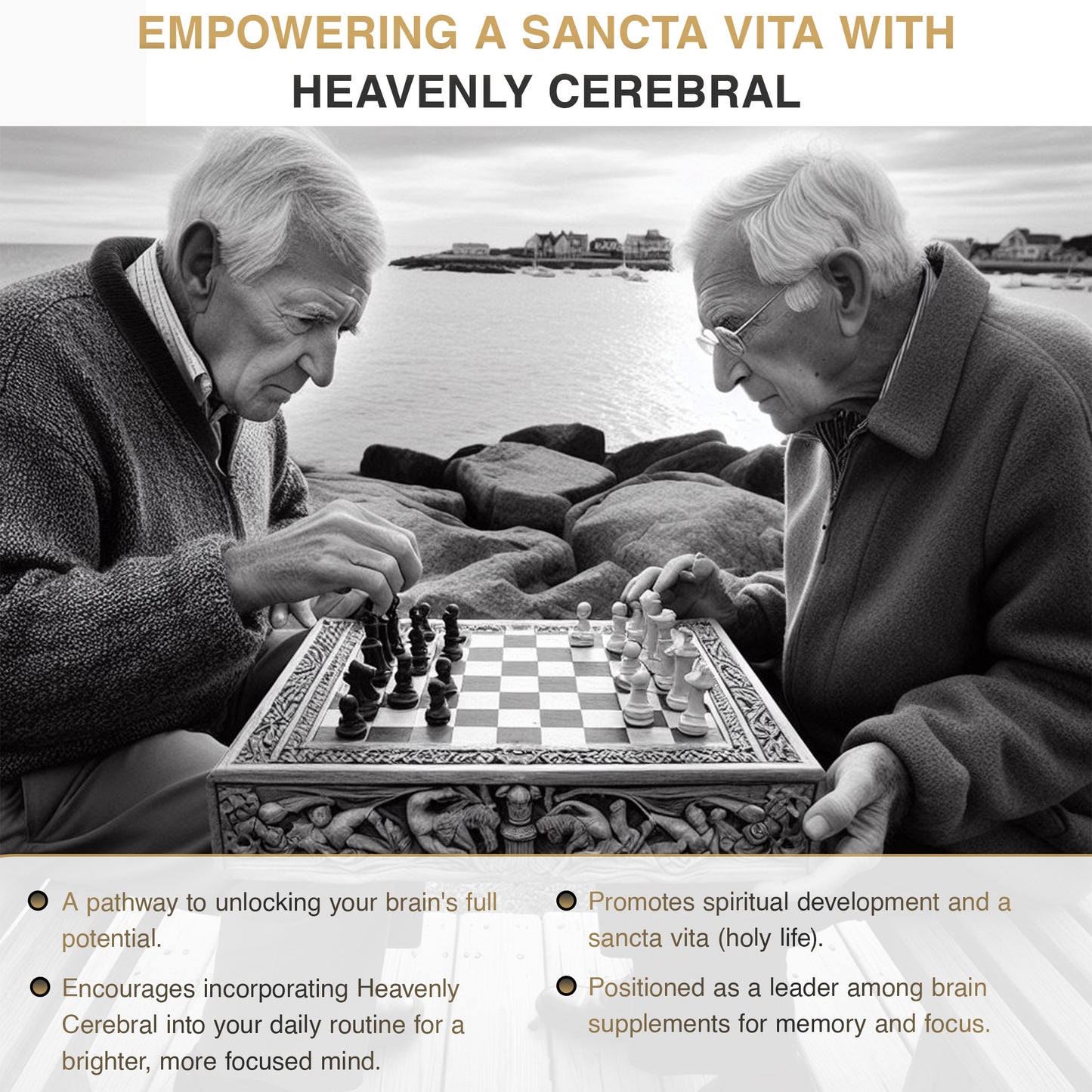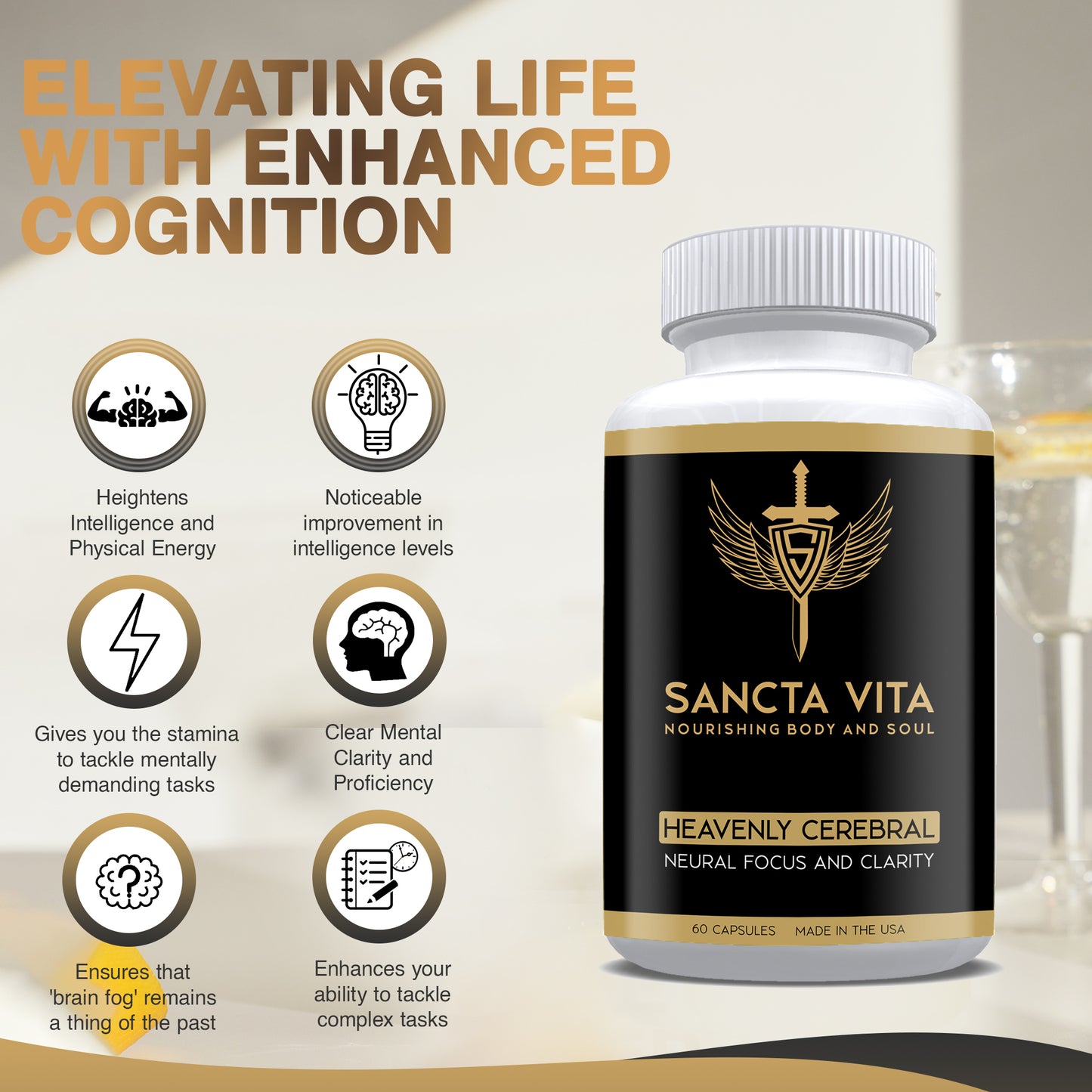
Best Brain Health Supplements to Boost Memory and Focus
Share
Brain health supplements have gained significant traction in recent years, with the global market projected to reach $5.8 billion by 2023. These brain vitamins, designed to enhance cognitive function and memory, are increasingly popular among adults seeking brain vitamins for studying to combat brain fog and boost mental performance.
Key Takeaways:
- Market growth in brain health supplements is substantial, potentially reaching $12 billion by 2027
- 25% of adults over 50 regularly purchase brain health supplements
- Popular ingredients include Omega-3 fatty acids, B vitamins, and adaptogens like Ashwagandha
- Supplements can enhance neurotransmitter function and reduce inflammation in the brain
- A balanced approach combining supplements with lifestyle changes is recommended for optimal brain health
The Rise of Brain Supplements: A Growing Market
The brain supplement industry is experiencing rapid growth, with projections suggesting it could surpass $12 billion by 2027. This surge in popularity isn't limited to a specific age group; however, it's noteworthy that 25% of adults over 50 regularly invest in these products. The increasing interest stems from a desire to combat brain fog, support students' cognitive abilities, and aid memory retention.
While terms like nootropics, mental performance supplements, and memory boosters are frequently used in marketing, it's crucial to note that scientific backing for preventing or reversing cognitive decline through supplements alone remains limited. This underscores the importance of a holistic approach to brain health, combining supplementation with lifestyle changes.
Understanding Brain Health Supplements and Their Mechanisms
Brain health supplements are products designed to enhance cognitive function, memory, focus, and brain longevity. These supplements typically include ingredients such as Omega-3 fatty acids, B vitamins, Ginkgo Biloba, and adaptogens like Ashwagandha. The mechanisms of action for these supplements vary, but generally, they aim to:
- Enhance neurotransmitter function
- Reduce inflammation through antioxidants
- Stimulate neurogenesis
- Support blood flow to the brain
For instance, Omega-3s have shown promise in improving episodic memory, particularly in individuals with DHA/EPA deficiencies. Similarly, B vitamins (B6, B9, B12) have demonstrated cognitive improvements when consumed for over three months.
Top Brain Supplements for Memory, Focus, and Studying
Several supplements have gained recognition for their potential benefits to brain health:
- Omega-3 Fatty Acids: A daily dose of 1,000-2,000 mg EPA/DHA lead to a 16% boost in working memory, though results aren't universally supported.
- B Vitamins: These improve episodic memory by 15% over 12 weeks in individuals with mild deficiencies.
- Ginkgo Biloba: This herb has demonstrated a 7% better immediate recall memory compared to placebo.
- Magnesium Threonate: This form of magnesium causes 10% enhancement in cognitive sharpness over six weeks.
- Ashwagandha: At doses of 300–600 mg daily, this adaptogen reduces stress and anxiety by 23% in high-stress individuals.
For students looking to enhance their academic performance, supplements for brain fog such as B12, a combination of caffeine and L-theanine, and Ginkgo have shown promise. Omega-3 supplementation, in particular, relates to a 12% improvement in focus in academic performance studies.
Safety, Efficacy, and Natural Alternatives
While brain health supplements offer potential benefits, it's important to approach them with caution. Unlike medications, supplements aren't regulated as strictly by the FDA. Some ingredients, such as Ginkgo, Vitamin E, and Huperzine A, may interfere with certain medications. Therefore, it's crucial to consult a healthcare provider before starting any supplement regimen.
In addition to supplementation, there are several natural ways to support brain health:
- Maintain a balanced diet rich in whole grains, healthy fats, and leafy greens
- Engage in regular aerobic exercise
- Practice cognitive exercises and learn new skills
- Aim for 7-8 hours of sleep daily
These lifestyle factors can significantly impact cognitive functionalongside any brain health supplementation.
Frequently Asked Questions
1. What are brain health supplements?
Brain supplements are products designed to enhance cognitive function, memory, focus, and brain longevity. They often contain ingredients like Omega-3 fatty acids, B vitamins, and adaptogens.
2. Can brain vitamins really improve studying performance?
Some studies suggest that certain supplements, such as B vitamins and Omega-3s, can improve focus and memory, potentially enhancing studying performance. However, results can vary among individuals.
3. Are brain supplements safe to take daily?
Most brain health supplements are generally safe when taken as directed. However, it's important to consult with a healthcare provider before starting any new supplement regimen, especially if you're taking other medications.
4. What is the best natural supplement for brain fog?
Ashwagandha and Omega-3 fatty acids are brain vitamins that combat brain fog. However, the effectiveness can vary depending on individual needs and deficiencies.
5. Do multivitamins support brain health?
While multivitamins can help fill nutritional gaps, targeted brain vitamins for studying may be more effective for specific cognitive improvements.
References
- AARP. Global Council on Brain Health: Supplements [Internet]. [cited 2023]. Available from: https://www.aarp.org/health/brain-health/global-council-on-brain-health/supplements/
- Harvard Health Publishing. Don't buy into brain health supplements [Internet]. [cited 2023]. Available from: https://www.health.harvard.edu/mind-and-mood/dont-buy-into-brain-health-supplements
- Nuvance Health. Brain Health Supplements: What You Need to Know [Internet]. [cited 2023]. Available from: https://www.nuvancehealth.org/health-tips-and-news/brain-health-supplements-what-you-need-to-know
